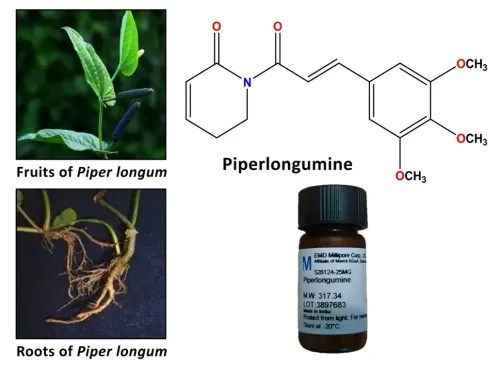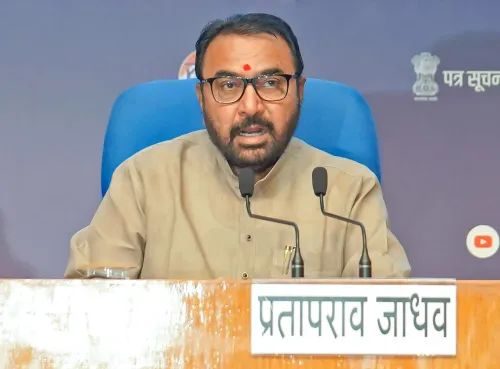How are CSIR and ICMR Collaborating for Joint Health Research?

Synopsis
Key Takeaways
- CSIR and ICMR are collaborating to enhance health research.
- Focus on wastewater surveillance to monitor pathogens.
- Review of ongoing clinical trials and research projects.
- Expansion of the AcSIR–ICMR Ph.D. program.
- Emphasis on innovative technologies for public health.
New Delhi, Nov 25 (NationPress) The Council of Scientific and Industrial Research (CSIR) held a significant meeting on Tuesday with the Indian Council of Medical Research (ICMR) aimed at enhancing a comprehensive roadmap for collaborative health research, as stated by the Ministry of Science & Technology.
The gathering took place at the CSIR Science Centre in the capital and was co-chaired by Dr. N. Kalaiselvi, Director General of CSIR, and Dr. Rajiv Bahl, Director General of ICMR and Secretary of the Department of Health Research.
“The discussions involved a review of the progress made on key collaborative projects, including the advancement of CSIR molecules into clinical trials, the status of ICMR-supported Advanced Research Centers within CSIR facilities, and the execution of substantial projects,” as mentioned by the Ministry.
“The necessity to persist and broaden wastewater monitoring for various pathogens in urban areas, hospitals, and communities was emphasized, with agreement on bolstering efforts through the One Health Mission,” it added.
The experts also examined the distinct roles and responsibilities of CSIR and ICMR in creating innovative molecules and medications, including systematic clinical trials and utilizing ICMR’s large-animal toxicity testing facilities.
Additionally, the AcSIR–ICMR Ph.D. program was evaluated, focusing on expanding opportunities for emerging researchers, including the integration of ICMR fellowships with CSIR fellowships.
Dr. Kalaiselvi and Dr. Bahl highlighted the critical need to merge CSIR’s scientific and technological expertise with ICMR’s public health objectives to achieve significant national outcomes.
“They emphasized the importance of timely progress, improved coordination, and organized mechanisms for the joint development of technologies, including a collaboratively designed, digitally managed medical emergency drone service,” the Ministry reported.
The experts reiterated the importance of intensifying collaboration, streamlining joint project development, and expanding engagement across emerging fields such as biomedical science, diagnostics, digital health, and environmental health monitoring,” it added.









